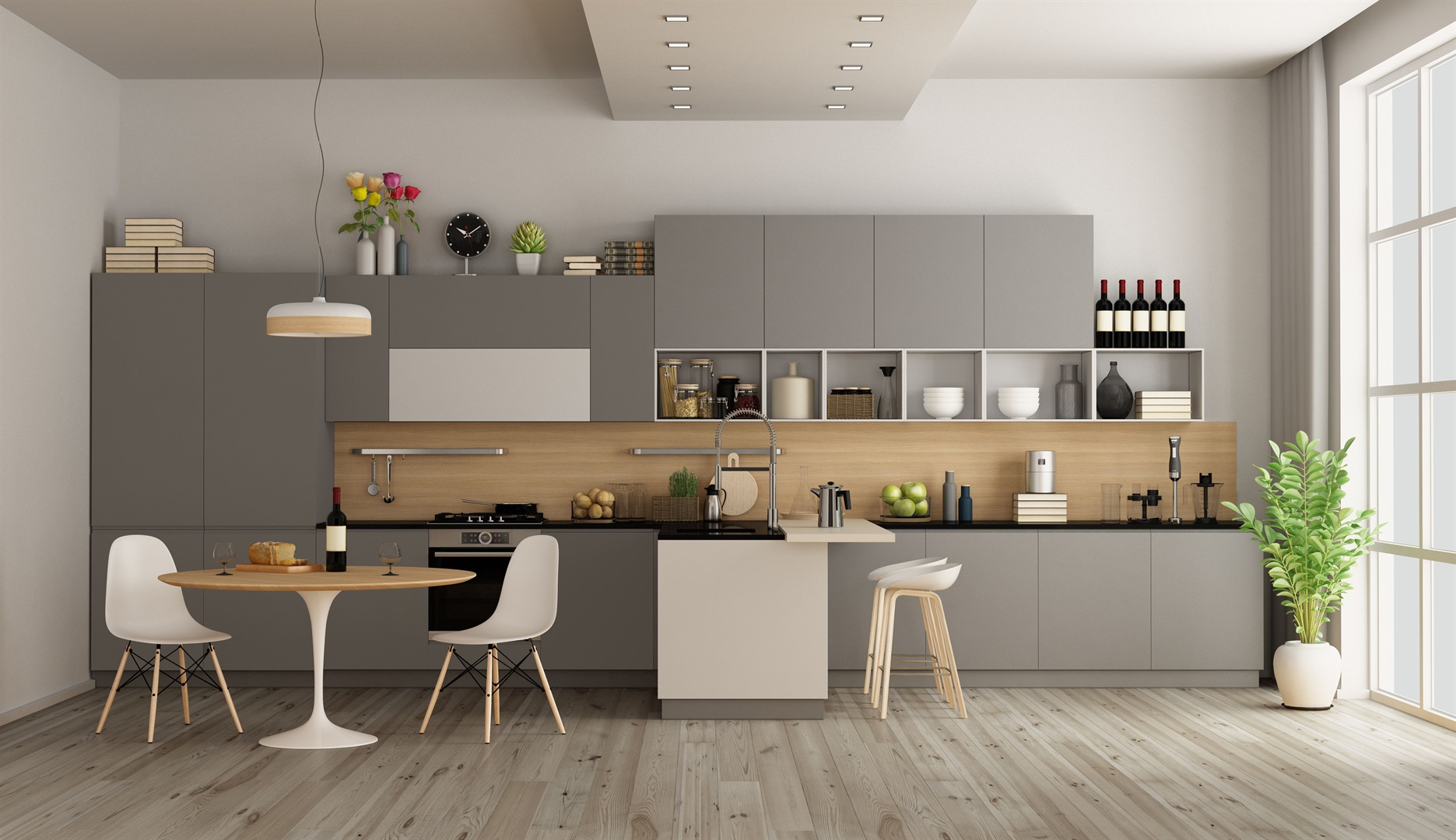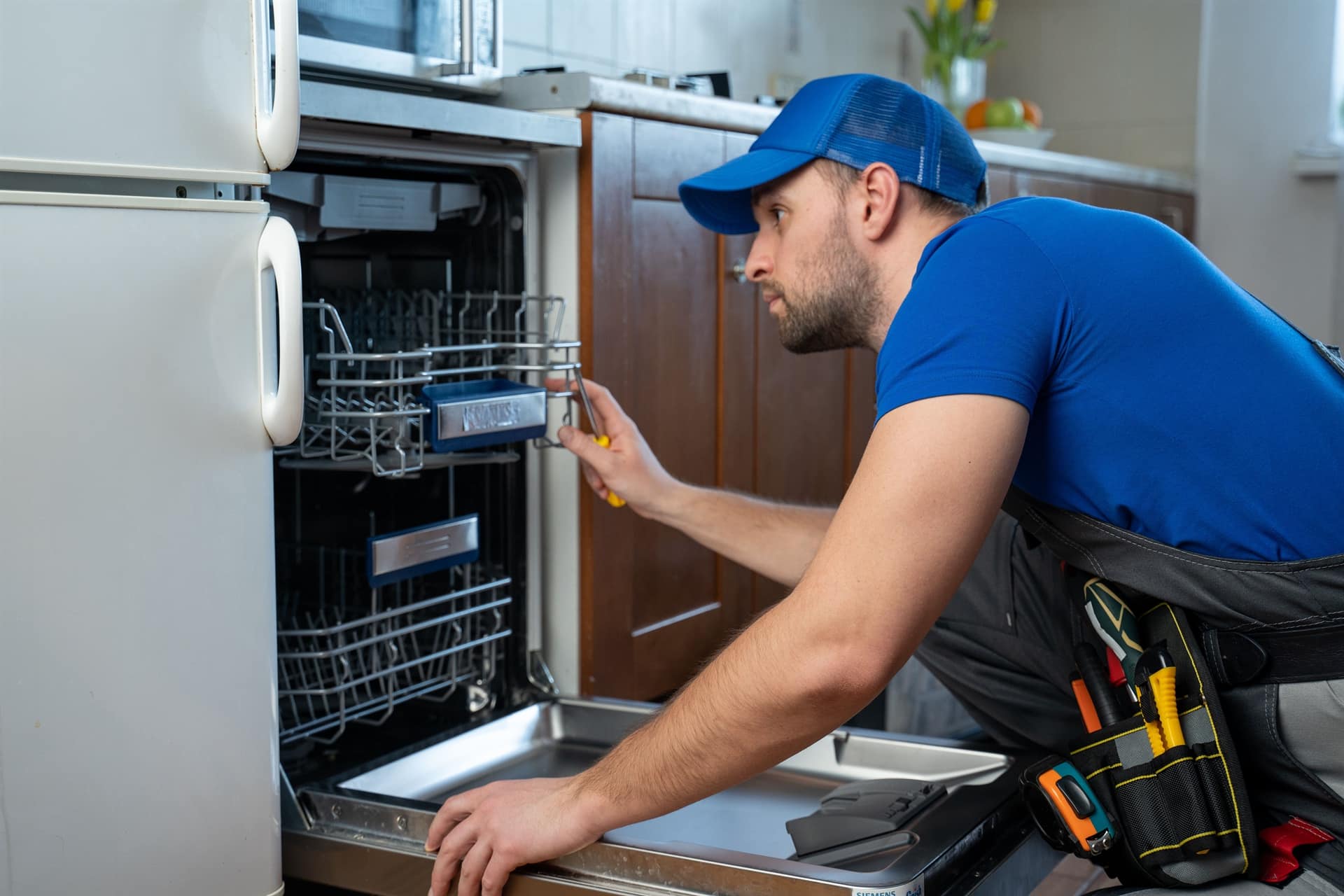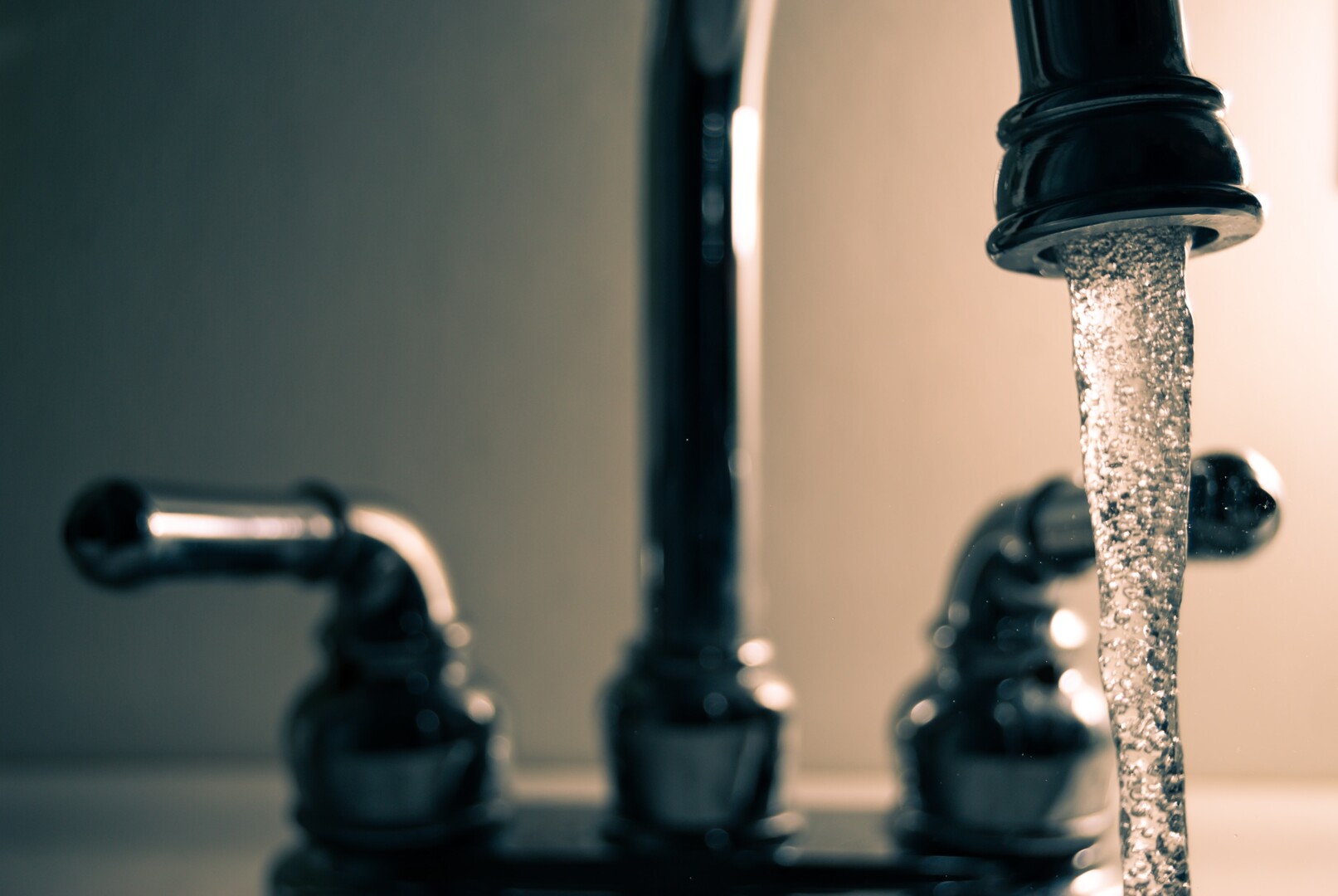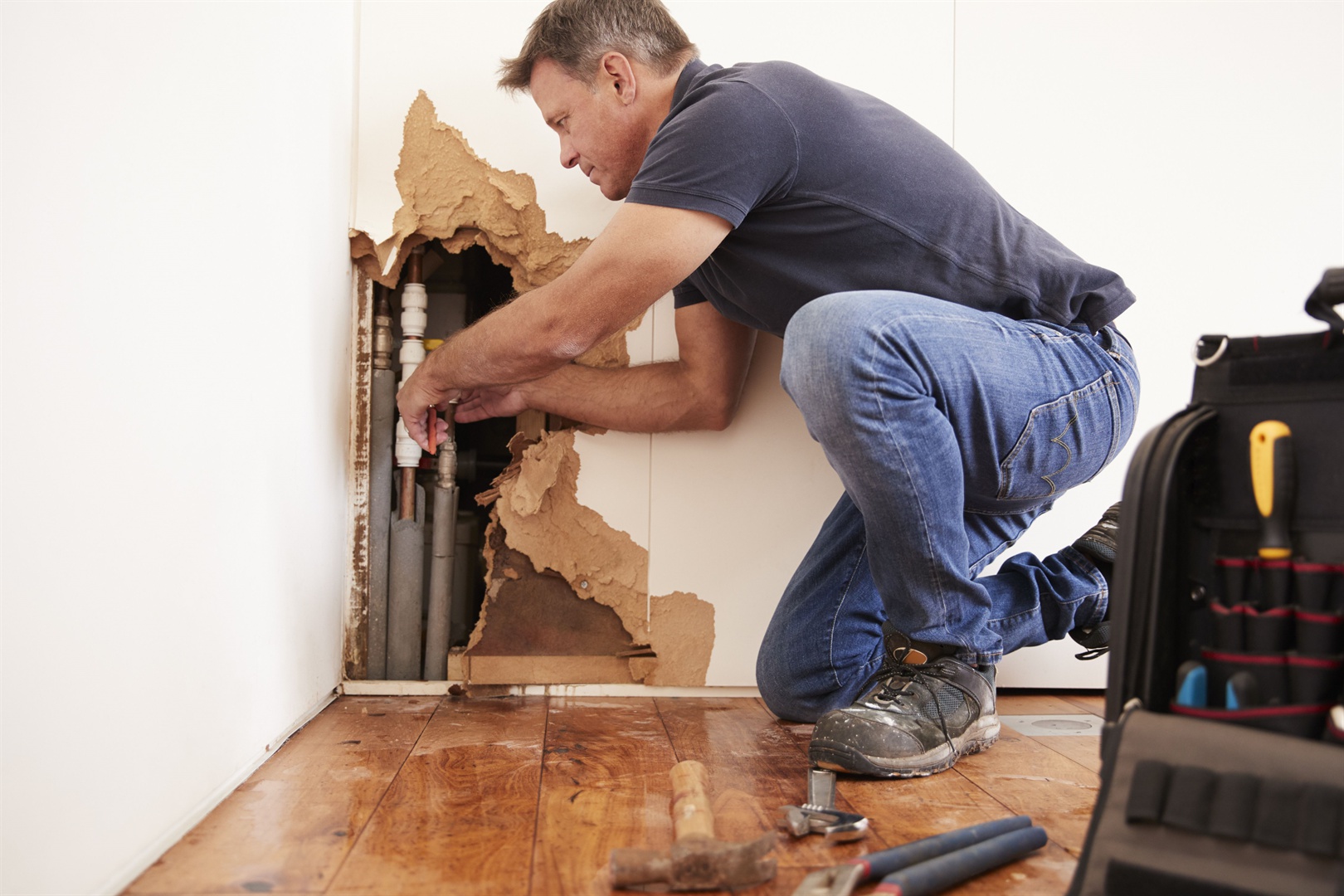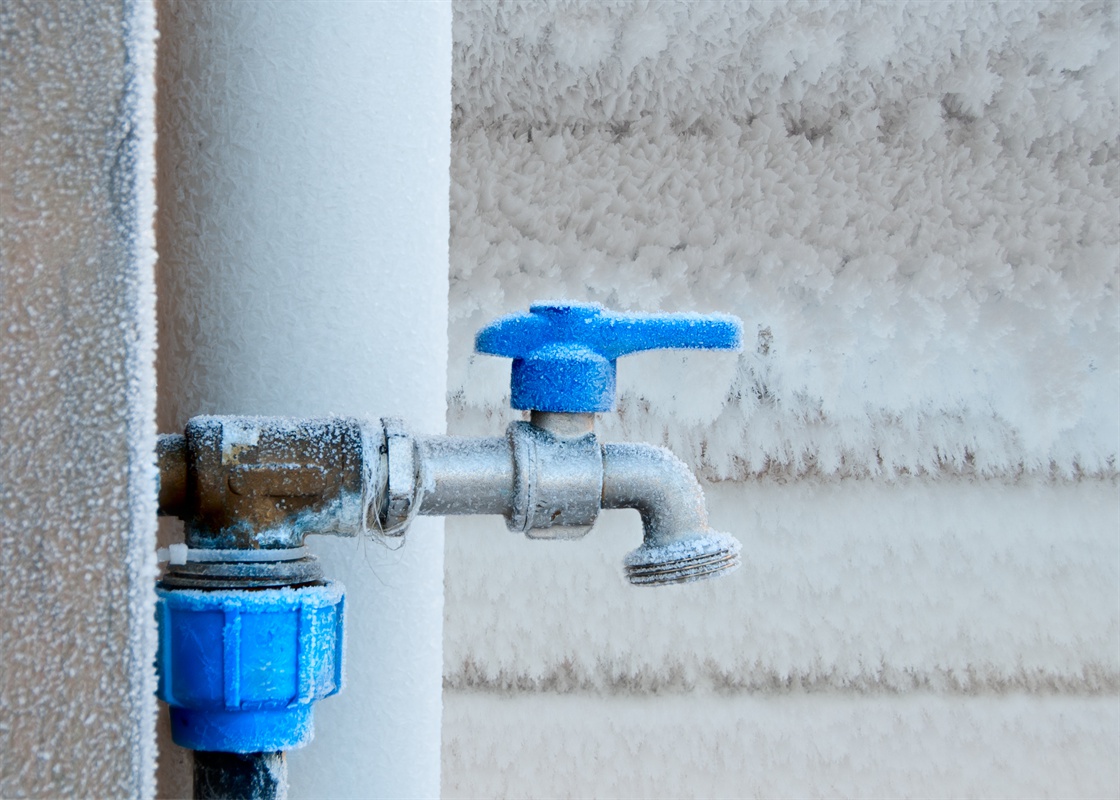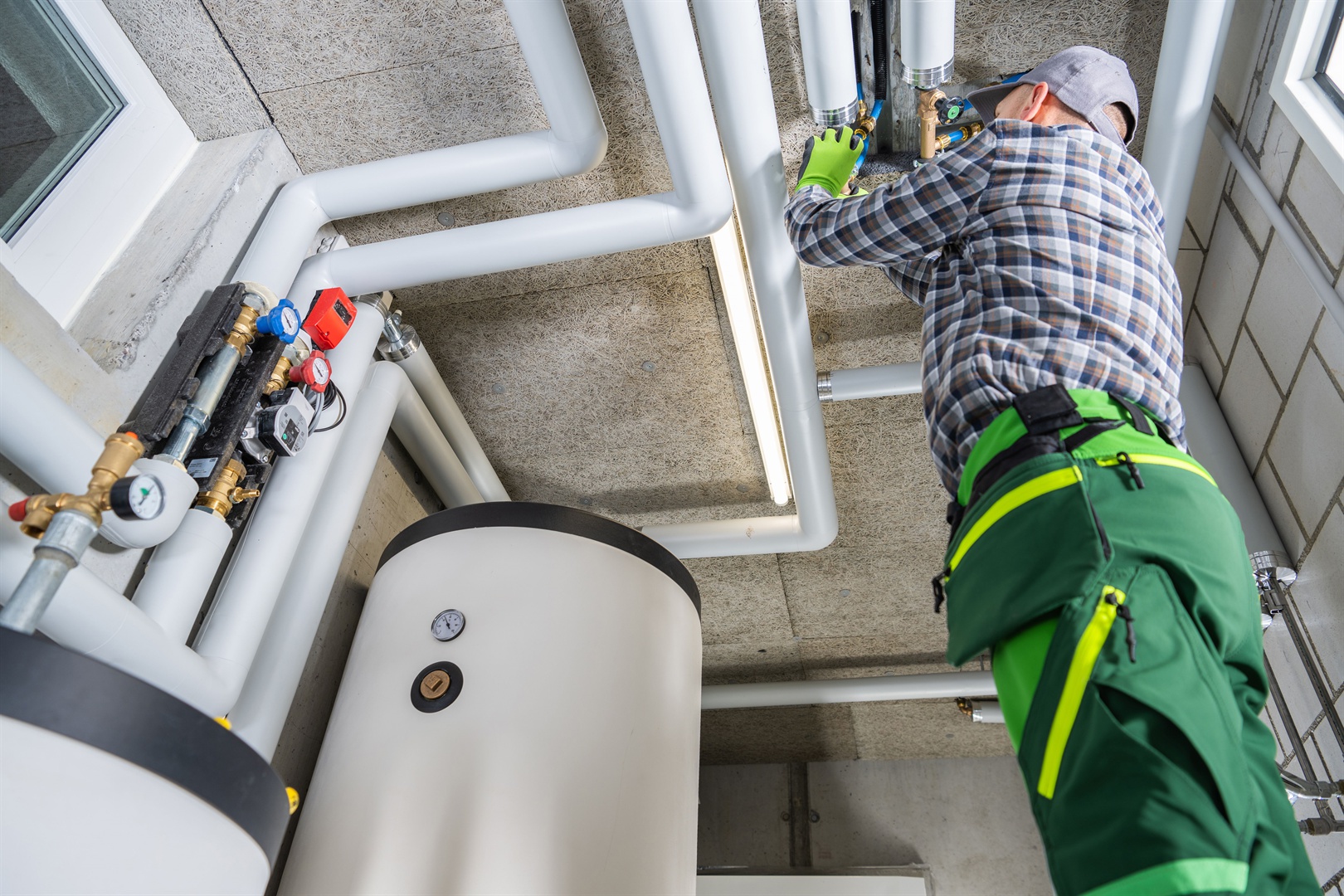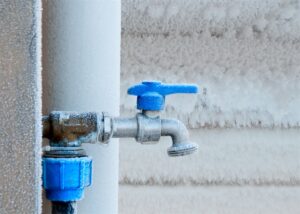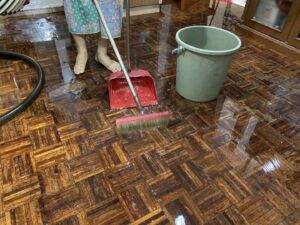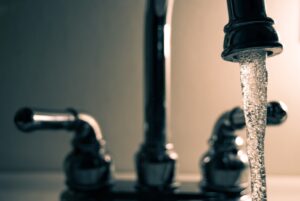Building a new home is an exciting and fulfilling experience, but it can also be a daunting task. One of the most important aspects of building a new home is the plumbing and drain system. A well-designed and installed plumbing and drain system can provide comfort, convenience, and health benefits to you and your family. On the other hand, a poorly designed or installed plumbing and drain system can lead to costly repairs, damage to your property, and health hazards. In this guide, we will go through the essential steps to building an excellent plumbing and drain system for your new home.
contents
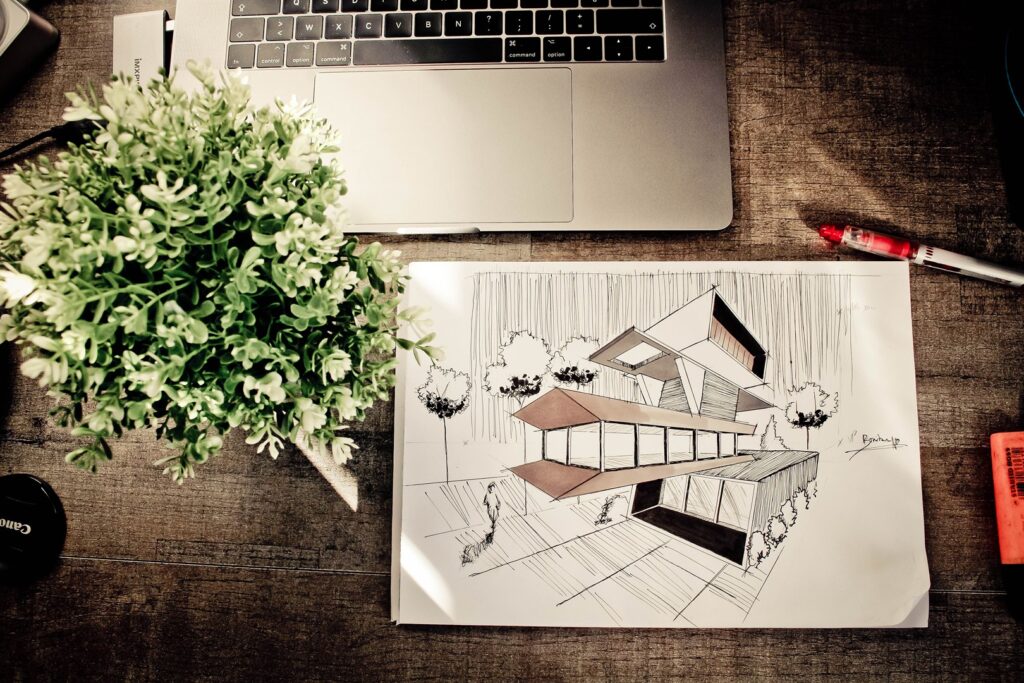
1. Plan the Plumbing and Drain System
The first step in building an excellent plumbing and drain system is to plan it carefully. Plumbing and drain systems are complex and interconnected, so it is essential to have a clear understanding of the layout and requirements of each component. A well-designed plumbing and drain system will ensure that water flows smoothly through the pipes, and waste is disposed of properly. Some of the things to consider when planning your plumbing and drain system include:
1.1 Water supply
Determine the source of your water supply and the size of the pipes needed to distribute water throughout your home.
1.2 Drainage system
Plan the drainage system to ensure that all waste is disposed of properly and does not back up into your home.
1.3 Fixtures and appliances
Determine the location and type of fixtures and appliances that will be connected to the plumbing system, such as sinks, toilets, showers, and washing machines.
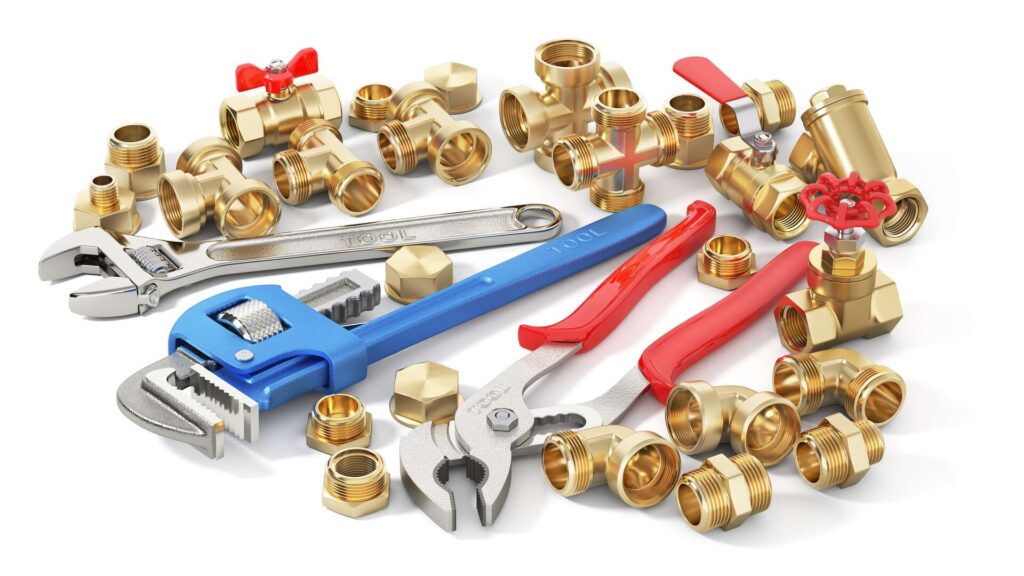
2. Choose Quality Materials
The materials used in your plumbing and drain system are crucial to its durability and efficiency. Choosing quality materials will help prevent leaks and corrosion, ensuring that your system lasts for many years. Copper, PVC, and PEX are commonly used materials in plumbing systems, each with its own advantages and disadvantages. Copper is durable and corrosion-resistant, but it can be expensive. PVC is affordable and easy to install, but it can become brittle over time. PEX is flexible and easy to install, but it can be more expensive than PVC.
In addition to pipes, you should also choose the right fittings, such as valves, connectors, and adapters. Using high-quality fittings can prevent leaks and ensure a secure and tight connection between pipes.

3. Hire a Professional Plumbing Contractor
Proper installation is crucial for a functional and efficient plumbing system. Even minor mistakes during installation can lead to leaks, clogs, and other issues that can be costly to fix. Therefore, it is important to hire a professional plumber to install your plumbing system.
A licensed and insured plumber can also provide warranties and guarantees for their work, giving you peace of mind in case of any issues with your plumbing system. When selecting a plumbing contractor, make sure to check their references, credentials, and reviews.
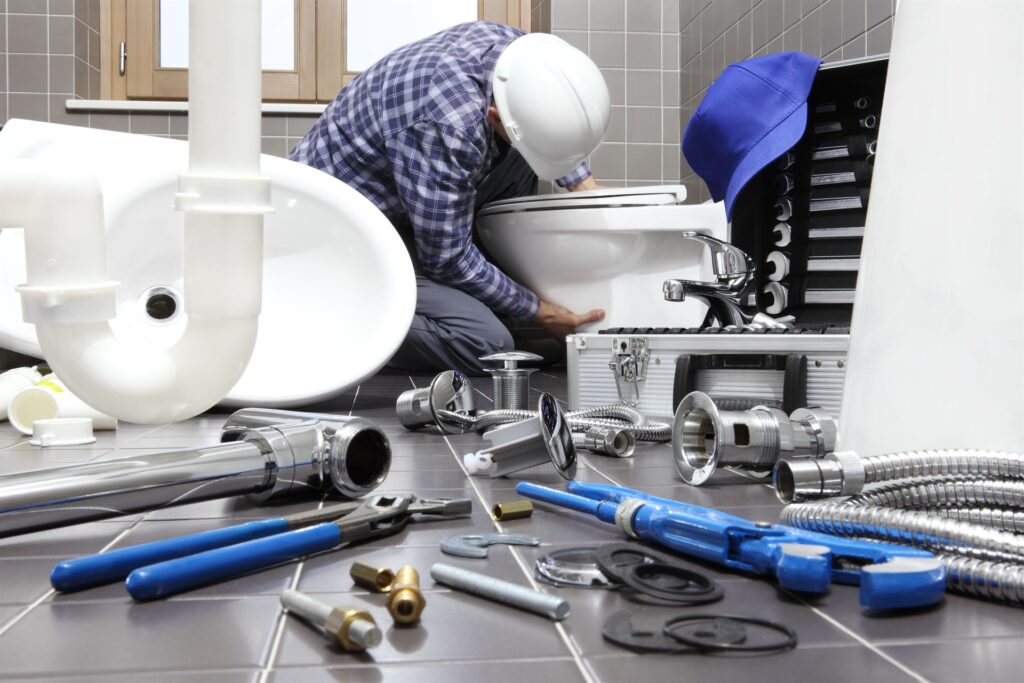
4. Install Water-Saving Fixtures
Water conservation is a crucial aspect of building an excellent plumbing system. Water-saving fixtures such as low-flow toilets and showerheads can significantly reduce your water usage and lower your water bills. Low-flow toilets use less water per flush than traditional toilets, while low-flow showerheads reduce water flow without sacrificing pressure. Installing water-saving fixtures not only benefits the environment but also helps you save money.
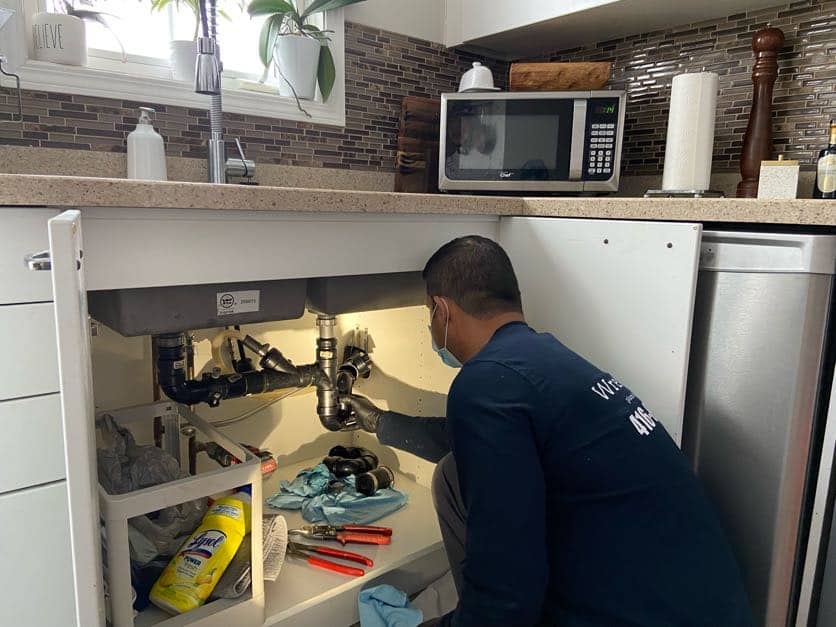
5. Maintain Your Plumbing and Drain System
Regular maintenance is essential for a long-lasting and efficient plumbing system. Neglecting your plumbing system can lead to leaks, clogs, and other problems that can be costly and time-consuming to fix. Therefore, you should establish a regular maintenance routine to keep your plumbing system in top condition.
5.1 Checking for leaks
Inspect your plumbing system regularly for leaks and fix them promptly.
5.2 Cleaning drains
Use a drain cleaner or plumber’s snake to clear clogs in your drains.
5.3 Flushing your water heater
Flushing your water heater once a year can remove sediment buildup and improve its efficiency.

Conclusion
Building a home is an exciting adventure, and designing and installing the plumbing and drain system is an essential component of the process. A well-designed and properly installed system can provide you and your family with many years of trouble-free service, while a poorly designed or installed system can lead to frustrating and expensive problems.
By following the tips and guidelines outlined in this article, you can ensure that your home has a top-quality plumbing and drain system that will provide you with clean water and efficient wastewater removal for many years to come.
Remember, it is always important to work with licensed and experienced professionals when designing and installing your plumbing and drain system. This will help ensure that the job is done right and that potential problems are identified and addressed before they become major issues.
With careful planning, attention to detail, and the help of skilled professionals, you can build the home of your dreams with a plumbing and drain system that meets all of your needs and exceeds your expectations.



